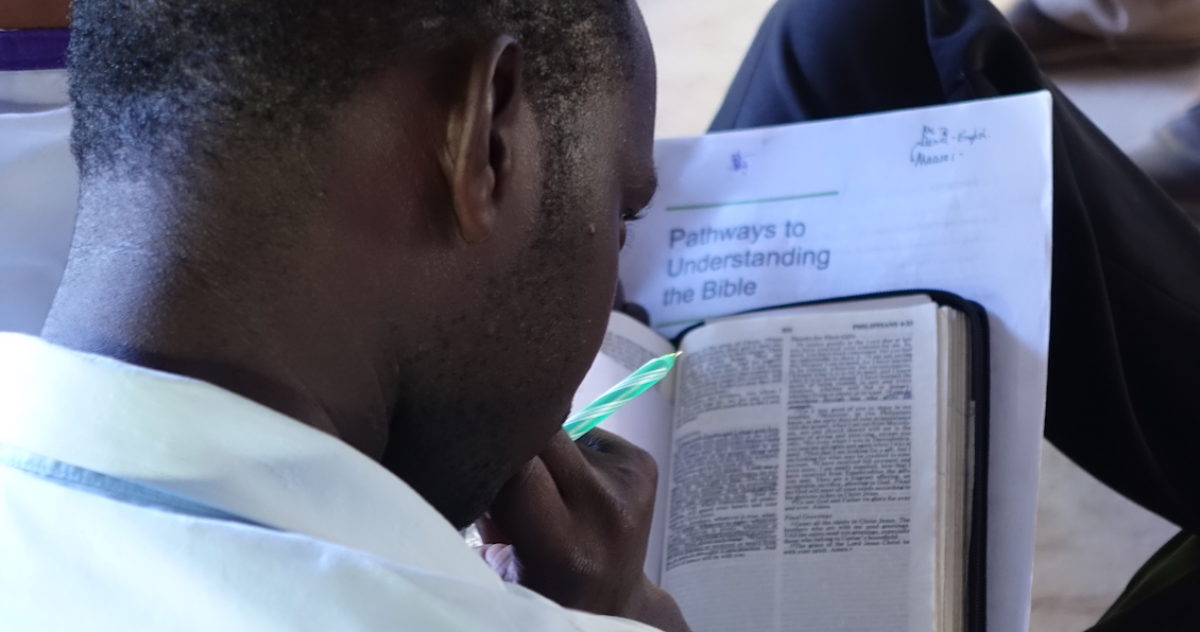Late last week in my personal devotions I read the book of Micah and noted some interesting elements. As with most of the Old Testament prophets, there were strong words of impending judgment upon wayward Israel and other nations. Apparently preaching had degraded in Israel to the point where it was common to simply preach what people wanted to hear, “If a man should go about and utter wind and lies, saying, ‘I will preach to you of wine and strong drink,’ he would be the preacher for this people!” (2:11) And so Micah offers a call to repentance, “But as for me, I am filled with power, with the Spirit of the Lord, and with justice and might, to declare to Jacob his transgression and to Israel his sin.” (3:8)
God’s heart for the nations comes out in chapter 4 verse 2, “and many nations shall come, and say: ‘Come, let us go up to the mountain of the Lord, to the house of the God of Jacob, that he may teach us his ways and that we may walk in his paths.'” So God promises that He will rescue His people, and one from the least of the tribes (Benjamin) will be sent to rule Israel (spiritually, a Messianic prophecy) (cf. 5:2-4).
Then, in one of my favorite sections (6:6-8), the prophet poses a series of questions for how he (and his nation), although they are rightfully charged by God as being sinful and rebellious, can approach a holy God. “With what shall I come before the Lord, and bow myself before God on high?” Each alternative escalates the sacrifice:
- “Shall I come before him with burnt offerings, with calves a year old?
- Will the Lord be pleased with thousands of rams, with ten thousands of rivers of oil?
- Shall I give my firstborn for my transgression, the fruit of my body for the sin of my soul?”
All of these fall short of satisfying God. So also today, God is less concerned with outward religious manifestations than he is with a fully-surrendered whole life devoted to Him. Then, God’s will is made known: “He has told you, O man, what is good; and what does the Lord require of you but to do justice, and to love kindness, and to walk humbly with your God?”
Three things God desires, hallmarks of a life that honors God:
- Doing justice – acting in a way that is right, in keeping with God’s commands, externally honoring God.
- Loving kindness – valuing and embracing kindness, steadfast love, grace, mercy, the beautiful Hebrew word “hesed,” internally honoring God.
- Walking humbly with your God – wrapping both external and internal elements together, joyfully submitted to the Lord in every aspect of life.
The book concludes with words of hope, for despite the fact that Israel, and we, stand guilty, shameful, and unclean before a righteous God, yet He is also a God rich in mercy, grace, compassion, and forgiveness. “Who is a God like you, pardoning iniquity and passing over transgression for the remnant of his inheritance? He does not retain his anger forever, because he delights in steadfast love. He will again have compassion on us; he will tread our iniquities underfoot. You will cast all our sins into the depths of the sea. You will show faithfulness to Jacob and steadfast love to Abraham, as you have sworn to our fathers from the days of old.” (7:18-20)
The book of Micah is a beautiful blending of God’s righteousness and His grace, His judgment and His forgiveness. Ultimately, we know as we turn the pages of Scripture into the New Testament that God’s love was fully demonstrated through the life, ministry, death, and resurrection of His Son, Jesus Christ. May we embrace this holy, loving God, and respond by doing what is right, loving what is kind, and humbly walking with our God.
